There are many lessons that can be taught to children to proactively prevent abuse - Photo: BIZTON
Recently, many cases of child abuse, especially in preschool age, have been discovered and caused concern in society. According to experts, this is the most vulnerable age group because they do not have enough awareness to distinguish abuse and do not have the skills to protect themselves.
Children - vulnerable to abuse
Associate Professor Dr. Huynh Van Chan, head of the Department of Psychology and Education at Nguyen Tat Thanh University, said that in cases of child sexual abuse, the victims are often young children, especially those of preschool age, an age group that is not yet aware enough to distinguish abusive behavior and does not have the skills to protect themselves.
"Preschool children easily trust adults, especially if they are familiar people, relatives such as neighbors, teachers, or caregivers. They often do not realize what is dangerous behavior or what is a disguised 'game'," said Mr. Chan.
In addition, many abusers take advantage of children's immaturity and fear to threaten and entice them, making them afraid to tell anyone. Some children feel guilty and afraid of being scolded, so they choose to remain silent.
According to Associate Professor Dr. Huynh Van Chan, what is more dangerous is that when children try to share, if adults do not believe, react by avoiding or ignoring, it will hurt the child's psychology once again.
He also emphasized the lack of sex education in schools and families. "Many parents think that children are too young to learn about sex, but that is the most important stage to form basic awareness of body boundaries, the right to refuse touching and how to call for help when in danger," he analyzed.
In addition, an unsafe living environment is also a risk factor. Some children living in spontaneous groups, living alone at home or being left with unknown people can easily become "targets" of abuse.
How can preschool children protect themselves?
According to Ms. Thai Hanh Nhan - Director of the academic program of the BRIS preschool system (HCMC), parents can teach their children self-protection skills right from everyday situations with a gentle and familiar way of communication.
Parents should start by teaching their children about body boundaries. For example, they can explain that the body parts under swimsuits are private and should not be touched by anyone except parents when helping with hygiene or doctors during examinations, and must be accompanied by a relative.
She suggests using a simple statement like: "Your body is yours. Only you get to decide who touches it."
Another important skill is knowing how to say "no". According to Ms. Nhan, parents should guide their children to say "no" clearly and firmly if someone makes them feel uncomfortable, even if it is someone they know.
Parents can role-play with their children, such as: "If someone wants to hug you and you don't like it, what should you do?", then teach your child to cross their arms, step back, or call a trusted adult.
She also emphasized teaching children to respect other people's bodies: "Children need to understand that their friends also have private areas like them. They should not touch other people, even while playing."
Ultimately, she says, parents need to create an emotionally safe environment where children always feel heard. "Let your child know that if there is anything that scares them, feels strange, or doesn't like them, they can tell you at any time and will always be trusted and protected," says Ms. Nhan.
According to an expert from the Vietnam Association for the Protection of Children’s Rights, parents also need to pay attention to unusual signs in their children’s behavior and emotions. If a child suddenly becomes afraid of a specific person, changes their behavior, avoids communication, or shows signs of anxiety, insomnia, or irritability for no reason, parents need to listen carefully and ask gentle questions to find out the cause.
The expert also stressed that young children learn best through repetition, especially through everyday activities such as storytelling, singing, drawing or role-playing. Questions such as "How are you feeling today?" or "Did anyone do anything to upset you?" should be incorporated into evening conversations to help children develop the habit of sharing.
An important suggestion given by this expert is to label children's emotions to help them know how to name emotions such as happiness, sadness, fear, anxiety, shyness, etc.
In particular, parents should avoid scolding or ignoring children's stories, even if the story seems "nonsense". "If parents react negatively just once, children will withdraw and be afraid to tell the truth the next time", experts note.
WEIGHT
Source: https://tuoitre.vn/day-tre-ky-nang-gi-de-phong-rui-ro-xam-hai-20250702110250891.htm


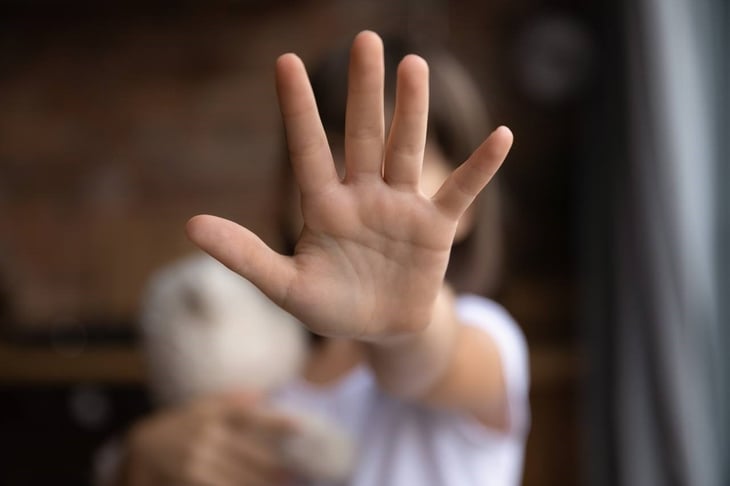

![[Photo] 60th Anniversary of the Founding of the Vietnam Association of Photographic Artists](/_next/image?url=https%3A%2F%2Fvphoto.vietnam.vn%2Fthumb%2F1200x675%2Fvietnam%2Fresource%2FIMAGE%2F2025%2F12%2F05%2F1764935864512_a1-bnd-0841-9740-jpg.webp&w=3840&q=75)

![[Photo] National Assembly Chairman Tran Thanh Man attends the VinFuture 2025 Award Ceremony](/_next/image?url=https%3A%2F%2Fvphoto.vietnam.vn%2Fthumb%2F1200x675%2Fvietnam%2Fresource%2FIMAGE%2F2025%2F12%2F05%2F1764951162416_2628509768338816493-6995-jpg.webp&w=3840&q=75)


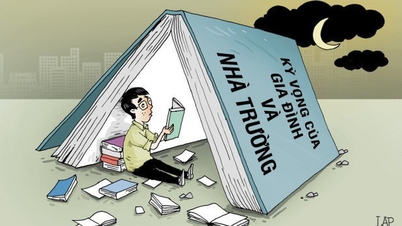








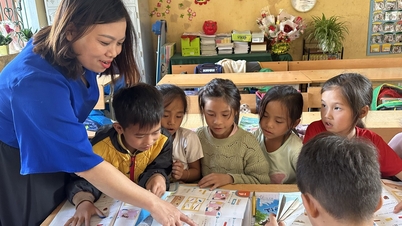




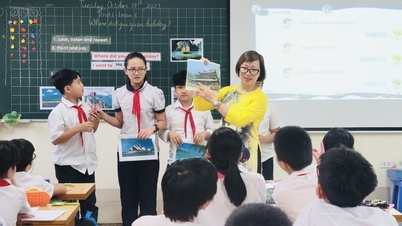








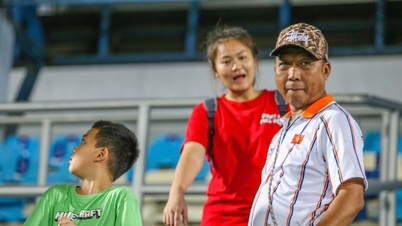

























































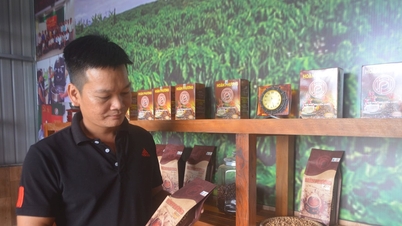

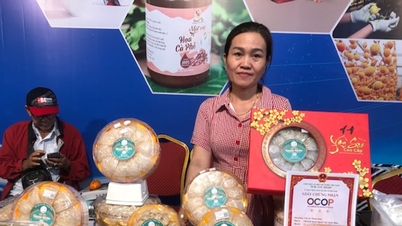

















Comment (0)